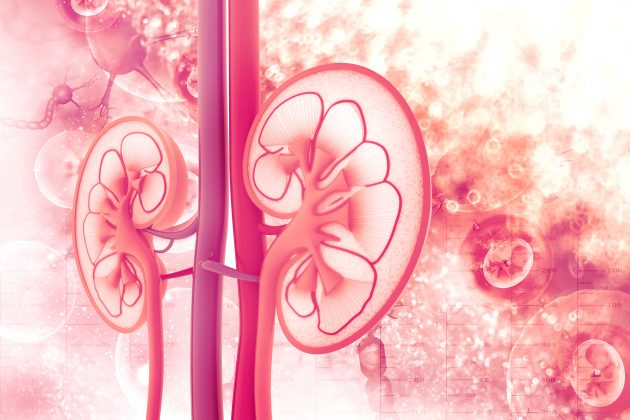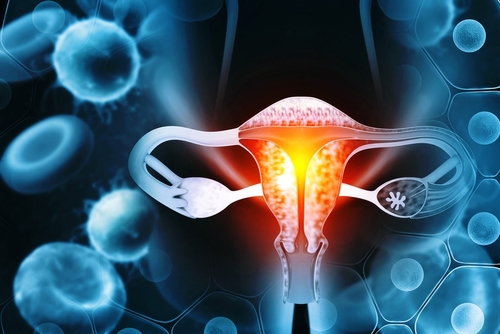There are strong associations between calcineurin inhibitors (CNIs) and steroids and adverse glycemic events including new-onset diabetes after transplantation (NODAT), worsening of pre-existing diabetes, as well as cardiovascular events. J. Noble and colleagues at the Nephrology and Transplant Unit, CHU Grenoble, Grenoble, France, conducted a single-center study to examine the benefit on glucose control and on cardiovascular risk factors of conversion from CNI-based immunosuppression to belatacept-based immunosuppression in kidney transplant recipients with diabetes.
Results of the retrospective, non-controlled study were reported during a virtual poster session at the American Transplant Congress 2020 in a poster titled Late Conversion from Calcineurin Inhibitors to Belatacept in Kidney Transplant Recipients Has a Significant Beneficial Impact on Glycemic Parameters.
The study was conducted between May 2016 and October 26, 2018. Eligible participants were kidney transplant recipients who converted from CNIs to belatacept a minimum of 6 months after transplantation. The primary end point of interest was the evolution of hemoglobin A1c (HbA1c) from baseline to after 6 months of treatment. Secondary end points were modifications to antidiabetic drugs, other cardiovascular risk factors, and renal function.
The study cohort included 103 kidney transplant recipients. Of those, 25% (n=26) had type 2 diabetes. Study participants were receiving either oral antidiabetic drugs (75%, n=21) or insulin therapy (54%, n=14). Overall, there was a significant decrease in HbA1c from 6.2% to 5.8% (P<.0001). In diabetic patients, HbA1c decreased from 7.2% to 6.5% (P=.001).
In the subgroup with NODAT, there was a significant decrease in HbA1c regardless of whether diabetes was controlled at study inclusion or not (i.e., HbA1c ≤7% or >7%). Further, no patient with diabetes increased the number of oral antidiabetic drugs, and there was no statistically significant difference in the dose of basal insulin from baseline to 6 months (16 UI at baseline and 16 UI at 6 months; P=1). Initiation of treatment by insulin pump was required for one patient.
During follow-up, all 103 patients remained stable in renal function, body mass index, and hemoglobin level. Two patients presented acute cellular rejection and no patient experienced graft loss.
“A late switch from CNI to belatacept was a valuable therapeutic option for diabetic kidney recipients and substantially improved glycemic parameters,” the researchers said.
Source: Nobel J, Terrec F, Jouve T, et al. Late conversion from calcineurin inhibitors to belatacept in kidney transplant recipients has a significant beneficial impact on glycemic parameters. Abstract of a poster presented at the virtual American Transplant Congress 2020 (Abstract B-114), May 30, 2020.
Credit: Original article published here.










